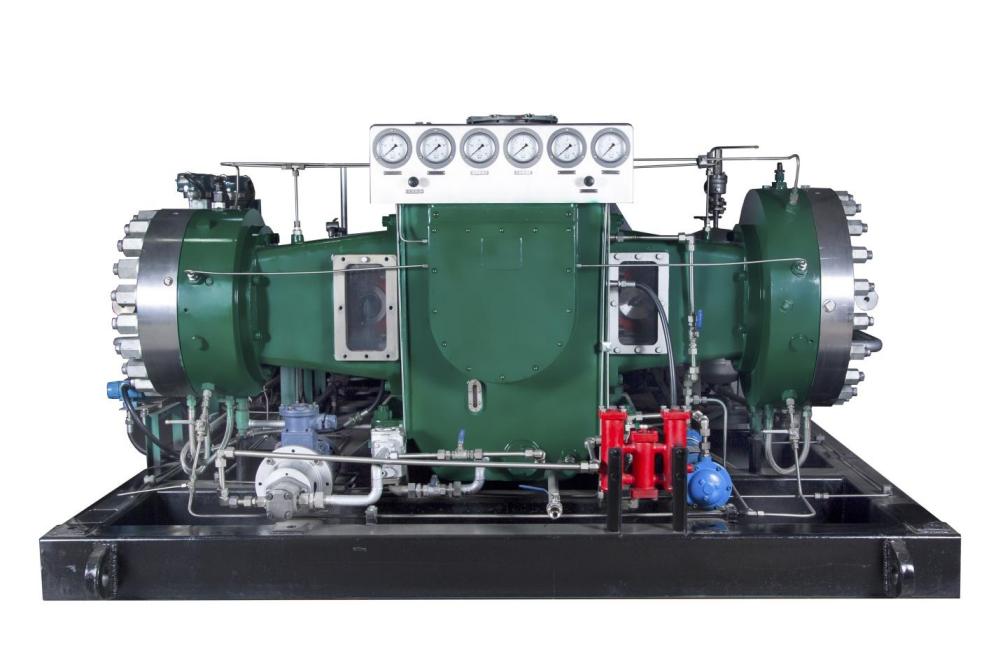Demystifying Compressor Piston Material: What You Need to Know

Hello there, compressor enthusiasts and curious minds! If you’ve ever wondered about the material used in compressor pistons and how it impacts the performance and durability of these essential components, you’re in the right place. In this article, I’ll be your friendly guide to understanding compressor piston materials, the options available, and what to consider when choosing the right piston material for your specific needs. So, let’s dive into the world of compressor piston material and uncover the secrets behind these vital components!
What Is Compressor Piston Material?
Let’s start with the basics. The compressor piston material refers to the type of material used to manufacture the piston inside a compressor. The piston is a crucial component that plays a central role in the compression of gases within the compressor cylinder. It moves back and forth to compress the gas and is exposed to considerable stress and heat during operation.
Types of Compressor Piston Materials
Compressor pistons can be made from various materials, each with its own set of characteristics and advantages. Let’s explore some common compressor piston materials:
1. Cast Iron
Advantages:
- High durability
- Good heat resistance
- Excellent wear resistance
- Suitable for heavy-duty applications
- Minimal expansion under high temperatures
Applications:
- Industrial compressors
- Automotive air conditioning compressors
2. Aluminum
Advantages:
- Lightweight
- Good heat conductivity
- Suitable for portable compressors
- Corrosion-resistant with proper treatment
Applications:
- Small air compressors
- Portable compressors
- Automotive compressors
3. Steel
Advantages:
- High strength
- Excellent wear resistance
- Suitable for high-pressure applications
- Good heat resistance
Applications:
- Industrial compressors
- Heavy-duty air compressors
4. Composite Materials
Advantages:
- Lightweight
- High strength
- Low friction
- Reduced heat generation
Applications:
- High-performance air compressors
- Aerospace applications
Factors to Consider When Choosing Compressor Piston Material
Now that we’ve covered the common materials let’s delve into the factors you should consider when selecting the right piston material for your compressor.
1. Application
Consider the specific application for which the compressor will be used. If it’s an industrial compressor operating in a high-stress environment, a durable material like cast iron or steel may be preferable. For portable or automotive compressors, lightweight materials like aluminum can be suitable.
2. Operating Conditions
Take into account the operating conditions, including temperature and pressure. Some materials, such as cast iron and steel, can withstand higher temperatures and pressures, making them suitable for demanding applications.
3. Weight
Weight is a crucial factor, especially for portable compressors. Lighter materials like aluminum are preferred for applications where portability is essential.
4. Corrosion Resistance
If your compressor will be exposed to moisture or corrosive substances, choose a material that offers good corrosion resistance, such as treated aluminum.
5. Budget
Your budget is another consideration. Some materials, like composite materials or certain alloys, may be costlier than traditional options like cast iron or steel. Consider your budget constraints when making your choice.
FAQs About Compressor Piston Material
Now, let’s address some common questions people often have about compressor piston materials.
Q1: Is there a single best material for compressor pistons?
A: There isn’t a one-size-fits-all answer. The best material depends on the specific application and operating conditions. Cast iron, aluminum, steel, and composite materials all have their advantages, so it’s essential to choose the right one for your needs.
Q2: Can I replace a piston with a different material in my compressor?
A: In some cases, you may be able to replace a piston with one made from a different material, but it’s crucial to ensure that the new material is compatible with your compressor’s design and specifications. Consult with a compressor expert or manufacturer for guidance.
Q3: Do composite piston materials offer better performance?
A: Composite materials can offer excellent performance, including low friction and reduced heat generation. However, their suitability depends on the specific application and the quality of the composite material used.
Q4: Can I upgrade my existing compressor with a different piston material?
A: Upgrading the piston material of an existing compressor can be complex and may require modifications to the compressor’s design. It’s best to consult with a compressor specialist to determine if such an upgrade is feasible and advisable.
Q5: How can I extend the lifespan of my compressor piston?
A: Regular maintenance is key to extending the lifespan of your compressor piston. This includes lubrication, cleaning, and inspecting for wear and tear. Choosing the right piston material for your application is also essential to ensure durability.
Conclusion
In conclusion, understanding compressor piston materials is crucial when selecting the right piston for your compressor. The choice of material should align with the specific application, operating conditions, and budget constraints. Whether you opt for the durability of cast iron, the lightweight properties of aluminum, the strength of steel, or the innovation of composite materials, the piston material plays a vital role in the performance and longevity of your compressor.
If you’re in the market for high-quality compressor-related products, CN Compressors offers a range of options to explore. You can find more information about their products here and here. So, go ahead and make an informed choice for your compressor piston material and keep the air flowing smoothly!
